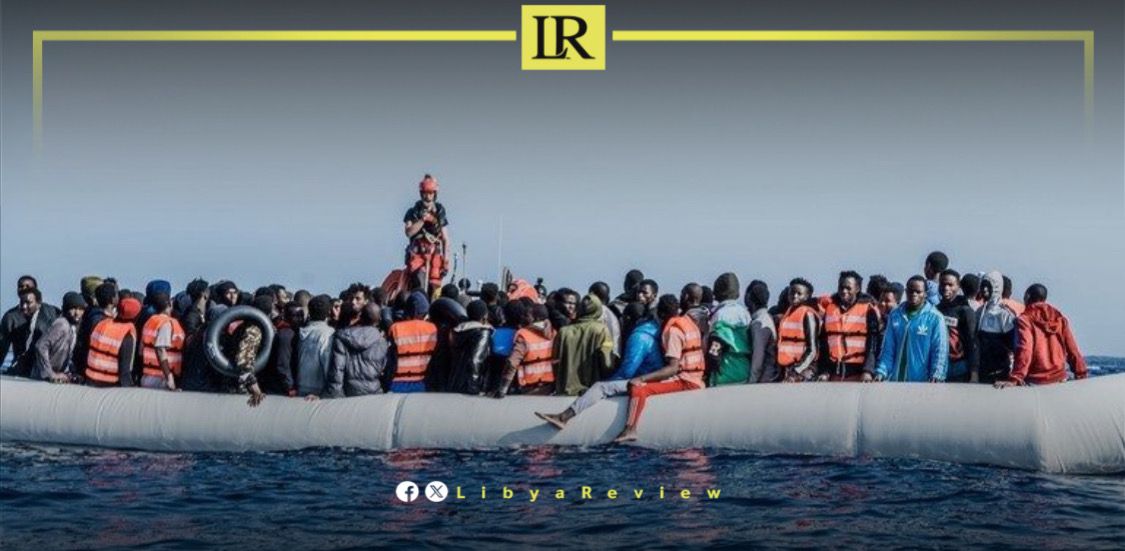On Monday, the Libyan People’s Voice Party accused the United Nations Support Mission in Libya (UNSMIL) and the European Union of attempting to resettle illegal migrants in Libya.
In a statement, the party demanded that both UNSMIL and the EU refrain from interfering in Libya’s internal affairs, condemning any joint efforts to settle migrants as a blatant violation of Libya’s sovereignty and national interests.
The party emphasized that UNSMIL’s role should be limited to assisting Libya in reaching elections and rebuilding institutions. The issue of illegal migrants, they argued, should be addressed by repatriating them to their home countries, or relocating them to EU nations or third countries through the International Organization for Migration (IOM) or the United Nations High Commissioner for Refugees (UNHCR).
The People’s Voice Party called on all political parties, civil society organizations, and the Libyan public to categorically reject any attempts to resettle illegal migrants in Libya. They urged Libyans to resist foreign impositions that aim to implement this “malicious scheme,” asserting that Libya’s unity and independence are paramount and that no entity should impose solutions conflicting with national interests.
Libya has long been a key transit point for migrants and refugees attempting to reach Europe, due to its proximity to the Mediterranean. The political instability and lack of a unified government since the fall of Muammar Gaddafi in 2011 have exacerbated the migration crisis. Thousands of migrants and refugees, fleeing conflict and poverty in their home countries, have found themselves stranded in Libya, often living in dire conditions.
The UN and EU have been actively involved in addressing the migration crisis in Libya. UNSMIL’s mandate includes supporting political dialogue, security sector reform, and human rights. However, their involvement in the migration issue has been contentious. The EU has focused on curbing the flow of migrants to Europe, often by funding detention centers and supporting the Libyan Coast Guard in intercepting migrant boats.
These efforts have been heavily criticized by human rights organizations for contributing to the detention and mistreatment of migrants in Libya. Reports of abuse, extortion, and inhumane conditions in Libyan detention centers have led to calls for a more humane and comprehensive approach to the migration crisis.
Libyan authorities and many political factions have consistently opposed the idea of resettling migrants within Libya. They argue that such plans undermine Libyan sovereignty and place additional burdens on a country already struggling with political and economic instability. The preferred solutions often involve repatriation or relocation to third countries, rather than settlement in Libya.


